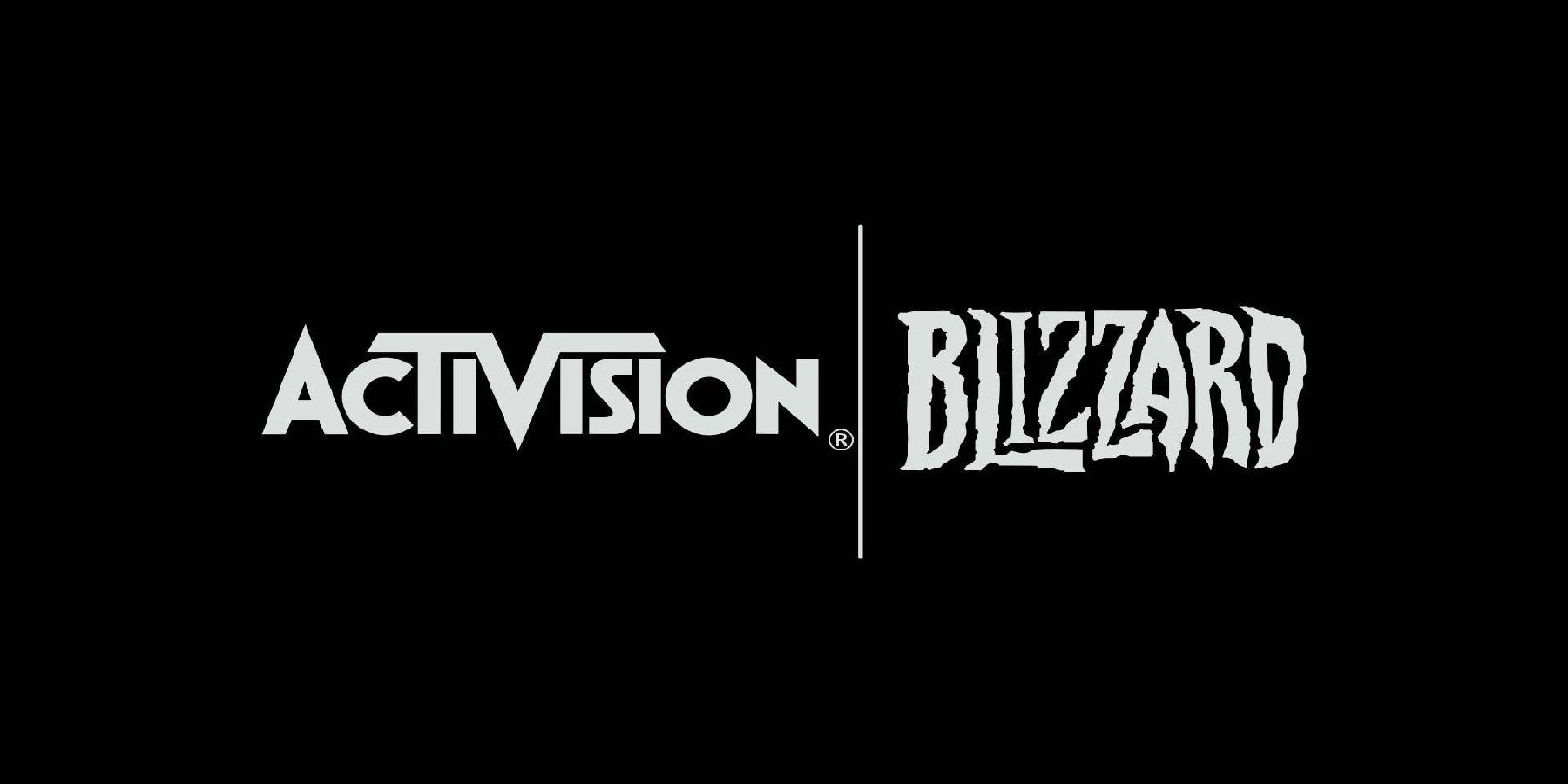In a landscape defined by intense scrutiny of workplace culture and ethical standards, the Activision Blizzard lawsuit involving the California Department of Fair Employment and Housing (DFEH) has emerged as a pivotal case that encapsulates broad societal issues. Designed to address workplace discrimination and harassment, this case has placed a spotlight on the inner workings of one of the video game industry’s giants. But what exactly is at stake, and why does this case provoke such heightened interest? Let’s delve deeper.
Activision Blizzard, a powerhouse behind iconic franchises such as World of Warcraft and Call of Duty, is not merely a gaming company; it embodies a cultural phenomenon. However, the company has found itself enmeshed in a web of allegations that challenge its meticulously cultivated image. The California DFEH filed a lawsuit in July 2021, citing pervasive sexual harassment, discrimination based on gender, and a hostile work environment. These allegations reflect broader systemic issues often perpetuated within corporate structures, particularly in male-dominated industries.
The crux of the DFEH’s lawsuit revolves around testimonies from former employees, claiming an environment plagued by toxic behavior and discrimination. Reports reveal instances of women facing egregious conduct, from blatant sexual advances to being denied promotions based on gender bias. Such allegations made headlines, striking chords with not only the gaming community but also advocates for workplace equality across diverse sectors.
At the heart of the matter lies the question of accountability; how do we ensure companies like Activision Blizzard uphold ethical standards that protect their workforce? As the case unfolds, it becomes increasingly vital for organizations to evaluate their internal policies and practices critically. The DFEH lawsuit functions as a mirror, compelling corporations to examine their own cultures. By scrutinizing their structures and addressing inequities, companies can mitigate reputational risks while fostering inclusive environments.
The DFEH’s claims position the courtroom not just as a battleground for legal arguments, but as an arena for societal change. This case prompts a larger conversation about culture within industries notorious for imbalance—particularly those that have historically sidelined women and minority groups. The ramifications of the findings could lead not just to exorbitant financial penalties against the company; they could also inspire legislative reforms that impose stricter requirements on workplaces to promote inclusivity.
As Activision Blizzard contests the lawsuit, claiming it lacks merit and seeking dismissal, the discourse becomes even more layered. Though the company’s perspective is that it is actively working towards reforming its internal culture, the persistent allegations suggest a disconnect. It urges stakeholders to critically assess promises of change against the backdrop of the ongoing lawsuit. Will the outcomes resonate beyond the confines of the gaming community, sparking actionable change across corporate America?
In the realm of public perception, Activision Blizzard’s journey is fraught with challenges. The negative press stemming from these allegations has repercussions that extend beyond immediate legalities; it threatens the fidelity of their customer base. Gamers, once advocates for their beloved franchises, find themselves grappling with ethical considerations that make them question their allegiance. Thus, the lawsuit reverberates throughout the consumer landscape, illustrating that business practices do not exist in a vacuum; they are intertwined with broader societal values.
Furthermore, examining the response from other industry players can illuminate potential paths forward. Peer companies are watching closely, cognizant that their own reputations hinge on how they handle workplace culture. The stakes are now higher for competitors who may have similar cultural challenges but have yet to confront them publicly. As news of the lawsuit permeates industry circles, it serves as a wake-up call. Will the gaming sector rally around reform, or will the reluctance to address tough issues lead to further crises?
Pivotal moments in legal history often catalyze significant societal shifts. The outcome of the Activision Blizzard lawsuit may very well set a precedent for handling harassment and discrimination in the gaming industry and beyond. This case isn’t simply about damages; it embodies a fight for justice that could reverberate for years to come. Images of a more equitable workplace should be forged from the flames of scrutiny that these allegations have ignited.
The emotional tenor surrounding the lawsuit can also not be overlooked. Activision Blizzard employees have bravely stepped forward, risking their careers to share their experiences. Their testimonies unearth narratives of resilience that remind us that behind the facade of corporate structures, there are real human lives affected by these policies. The courage of these individuals lends weight to the case, inviting empathy while demanding change.
As the lawsuit progresses, it’s crucial for observers—be they industry insiders, potential employees, or consumers—to remain vigilant. Understanding the nuances of this case equips individuals to forge their paths, armed with information that inspires advocacy for change. Ultimately, the resolution of the Activision Blizzard case may not only redefine the company’s future but also reshape the industry landscape, promoting a commitment to equity that transcends mere compliance.
In conclusion, the California DFEH lawsuit against Activision Blizzard challenges us to refine our understanding of workplace culture in contemporary society. It compels all stakeholders to engage in honest discourse about ethics, culture, and accountability. As the gaming industry, and indeed all sectors, grapple with issues of gender and discrimination, it is a poignant reminder that progress is rarely linear. Instead, it is often born from conflict and scrutiny, both of which this landmark case aptly encapsulates.
